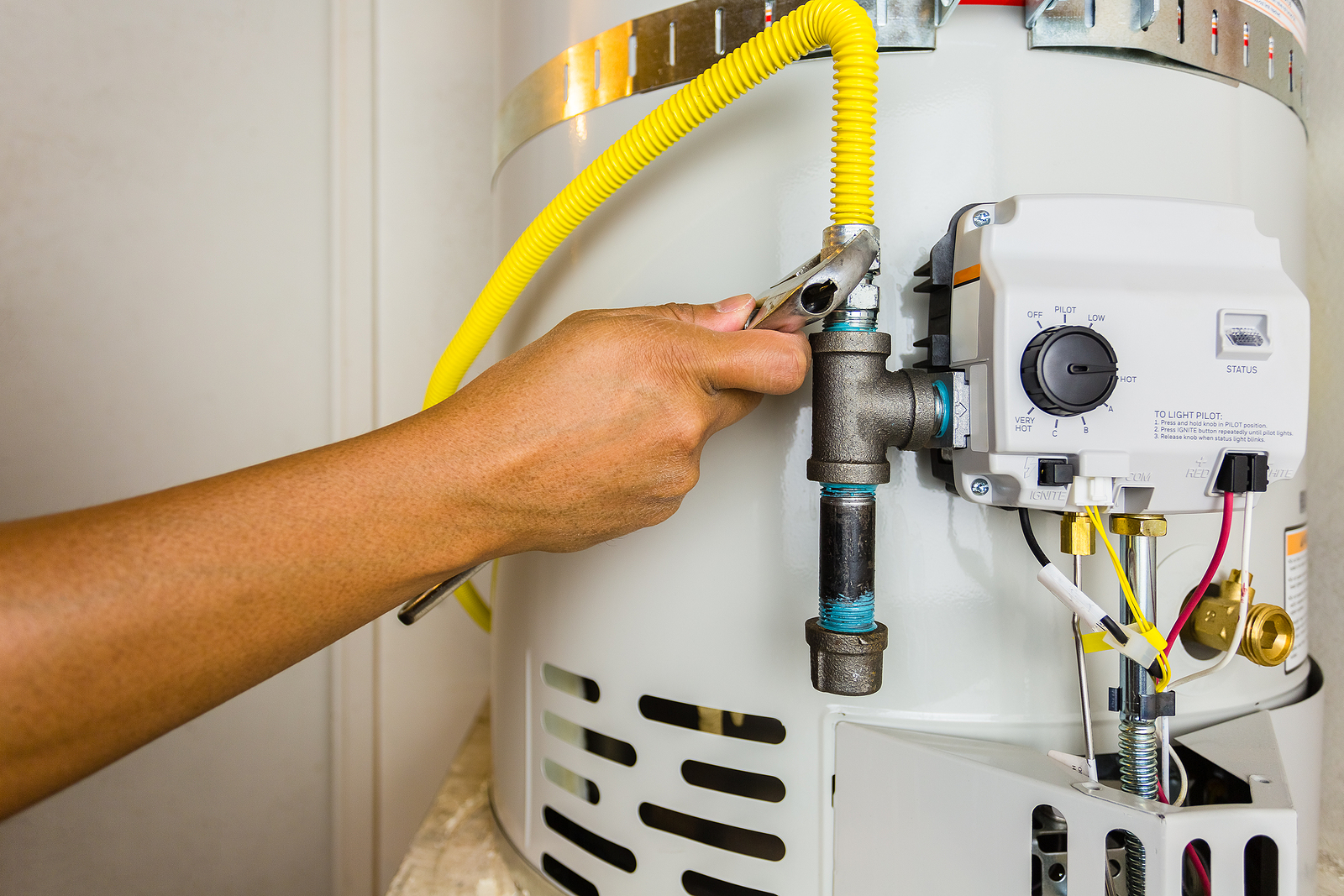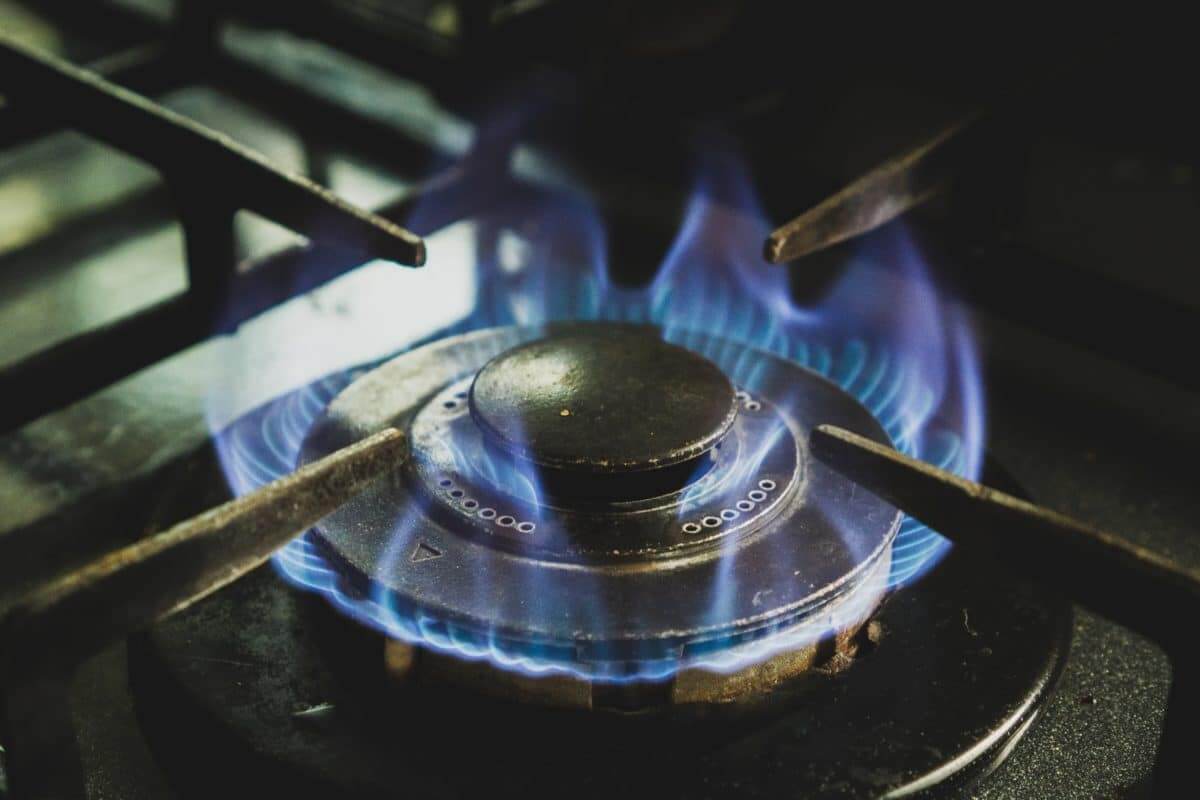This article is your complete guide to understanding how to lower your gas bill. As we usher in the new year, many homeowners are grappling with high energy costs, particularly when it comes to gas heating. If you’ve ever wondered, “Why is my gas bill so high?” you’re not alone. I personally have natural gas heating and wondering ways to reduce gas bills, as energy costs seem to be on the rise.
This blog post aims to provide you with actionable tips on how to lower your gas bill, especially during the winter months. So, let’s dive in and explore ways to save on your gas bill without compromising comfort.
Here at The Energy Professor, we want to give you the information you need to not only save money on your energy bill, but to also become more energy efficient. We hope find this post helpful! And makes it easier for you to know more about appliance energy usage. Be sure to also check out our one of a kind energy savings calculator!
The Energy Professor Electricity Rate Check Tool
How to Lower Your Gas Bill 2024

As we step into 2024, rising energy costs have become a concern for many households. With gas bills making up a significant portion of monthly expenses, finding ways to reduce them has become more crucial than ever. Whether you’re looking to make small changes in your daily habits or considering larger investments in gas heating and energy-efficient appliances, there are several strategies you can adopt.
In this guide, we’ll explore actionable tips and insights on how to lower gas bill and make your home more energy-efficient this year. Understanding heating gas usage and learning how to save on gas bill can lead to significant savings and a more sustainable living environment
Why is my gas bill so high?
Why is my gas bill so high? This is a question many homeowners and renters find themselves asking, especially during the colder months. Several factors can contribute to a high gas bill, including inefficient heating systems, outdated appliances, poor insulation, and individual usage habits. The winter season, with its chilly temperatures and longer nights, often exacerbates these issues, leading many to ponder, “Why is my gas bill so high in the winter?”
External factors such as rising gas prices or increased rates from utility providers can also play a role. Understanding what specifically affects your gas bill is the first step in identifying areas for improvement and ultimately reducing those monthly costs.
Why are Gas Delivery charges so high?
Gas delivery charges are fees associated with transporting natural gas from its source to your home. These charges cover the costs of maintaining the infrastructure, such as pipelines and storage facilities, and ensuring a reliable supply of gas. It’s worth noting that these charges can vary and sometimes may seem unexpectedly high. If you’re curious about why gas delivery charges are so high, we’ve delved deeper into this topic in our dedicated article. However, for the purpose of this guide, it’s essential to understand that these charges are a standard part of your gas bill and are separate from the actual cost of the gas you use.
Related post: Average Monthly Gas Bill in the US
Best Tips and Tricks on How to Reduce Gas Bill

Reducing your gas bill is not only beneficial for your wallet but also for the environment. From the regular maintenance of your heating gas system to smart cooking and laundry habits, there are numerous ways to optimize your home’s energy efficiency. Whether it’s the strategic use of a smart thermostat, ensuring proper insulation, or simply bundling up in colder months, understanding and implementing these best practices can lead to significant savings. Dive into our comprehensive guide on the best tips and tricks to effectively lower your gas bill and create a more sustainable living space
Take Care of Your Heating System
A simple trick that a lot of people don’t realize is how important maintenance is. Regular maintenance of your heating gas system can go a long way in reducing your gas bill. A well-maintained furnace uses less gas, making it more efficient. That means making sure you regularly change the filters and keep your system well managed. If you find your furnace using too much gas, it might be time for a check-up.
Turn Down the Thermostat
One of the simplest ways to save on your gas bill is to turn down the thermostat. Lowering it by just a few degrees can result in significant savings. This is especially true in winter, where knowing how to lower your gas bill in winter can make a big difference. This is a great tip for managing your gas bill, that works well with another tip we have down the line!
Let Heat Circulate
Proper circulation of heat can reduce the usage of gas in your home. Make sure your vents are not blocked by furniture or curtains. The more freely heat circulates, the less your furnace has to work. You might be shocked if you do an audit of your home to find that one of your vents have been blocked on accident.
Make Sure You’re Properly Insulated
Poor insulation is a major culprit when it comes to high gas bills. Insulating your home properly can help keep the heat in, reducing the need for constant heating and thus lowering your gas bill.
There are several key areas in a home where proper insulation can make a significant difference:
- Walls and Ceilings: These are the primary barriers between the interior of your home and the outside elements. Ensuring they are well-insulated can prevent a substantial amount of heat loss.
- Windows and Doors: Even if they’re closed, old or poorly-sealed windows and doors can be major sources of heat leakage. Double-glazed windows and weather stripping can help retain warmth.
- Roof and Attic: Heat rises, and without proper insulation in the roof or attic, a lot of the warmth generated inside your home can escape right out the top.
- Floors: Especially in homes built on pilings or over basements, insulating floors can prevent cold air from seeping up into living spaces.
- Pipes and Ducts: Insulating these can prevent heat loss as warm air travels from your heating system to various rooms in your house.
Check for Blockages
Ensuring clear airflow is crucial for the efficiency of your heating system. Over time, chimneys can accumulate debris like soot and bird nests, while venting systems might get blocked by dust or small animals. Even clogged air filters in your furnace can restrict airflow, causing the system to overwork and consume more gas. Regular inspections of chimneys, vents, and filters can prevent these obstructions, optimizing your heating system’s performance and leading to savings on your gas bill.
Get a Smart Thermostat
Investing in a smart thermostat can help you monitor and control your heating more efficiently. These devices can be programmed to turn down the heat when you’re not home, helping you save money on your gas bill. There are actually many different devices to help you lower your electric bill, which can be simple fixes in your home.
Turn Down Your Water Tank
The water heater in your home plays a significant role in your overall gas consumption. Many households have their heaters set higher than necessary, leading to excessive gas usage. By moderately lowering the temperature on your water tank, you can reduce your gas bill without compromising on the comfort of warm showers and baths. It’s a simple adjustment that can lead to both environmental and financial benefits with water conservation.
Keep Doors and Windows Closed
Open doors and windows let out heat, forcing your heating system to work harder. Keeping them closed can help you keep your gas bill low. It may seem obvious, but you might be shocked to find a door or window cracked leaking hot air out. That will lead to higher electricity bills in the long run.
Bundle Up
Sometimes, the old-fashioned ways are the best. Wearing warm clothes can help you feel comfortable even with the thermostat turned down, offering another way to save on your gas bill. Invest in some warmer throw blankets for watching TV on those chillier nights.
Cook Smart
The kitchen is often the heart of the home, and how you use your gas stove can have a direct impact on your monthly gas bill. Being mindful of your cooking habits can lead to significant savings. For instance, cooking in batches allows you to make the most of the heat generated, reducing the need to repeatedly turn on the stove. Using lids on pots and pans traps heat, enabling your food to cook faster and more efficiently.
Additionally, consider using the right-sized burners for your pots; smaller pots on large burners waste gas. By adopting these smart cooking practices, you not only save on gas but also reduce your overall cooking time, giving you more time to enjoy your meals.
Think Before You Do Laundry
Laundry is a routine task in most households, but few realize the impact it can have on their gas bills. The way you wash and dry your clothes can significantly influence your gas consumption. Opting to wash clothes with cold water not only preserves the integrity of your fabrics but also eliminates the need for gas to heat the water. Furthermore, consider air-drying your clothes when possible.
Using a gas-powered dryer can consume a considerable amount of energy, especially for larger loads. By air-drying, you harness natural energy, reduce wear and tear on your clothes, and cut down on gas usage. Making these small changes in your laundry routine can lead to noticeable savings on your monthly gas bills.
Conclusion
Knowing how to lower your gas bill doesn’t have to be a mystery. From taking care of your heating system to making small lifestyle changes, there are numerous ways to reduce your gas bill. So, as we move into 2024, take control of your energy costs and make it a year of savings and efficiency.
Related post: Is Gas Included in the Electric Bill?
Do you Need Cheaper Electricity?
If you’ve taken the time to understand the information on your bill and discovered you’re paying more than you’d like for your electricity, have you looked around for a cheaper deal? The Energy Professor has a wealth of information on ways to save on your utilities, including details of top deals that could significantly reduce your monthly or quarterly electricity bills.
We hope you found this article helpful! If you are looking for ways to increase the energy efficiency and sustainability in your home be sure to take a look at all of the latest renewable energy options in your area. The Energy Professor helps residential and small business owners find qualified energy suppliers in New York, New Jersey, Pennsylvania, Texas, Ohio, Maryland, Illinois, and Massachusetts


